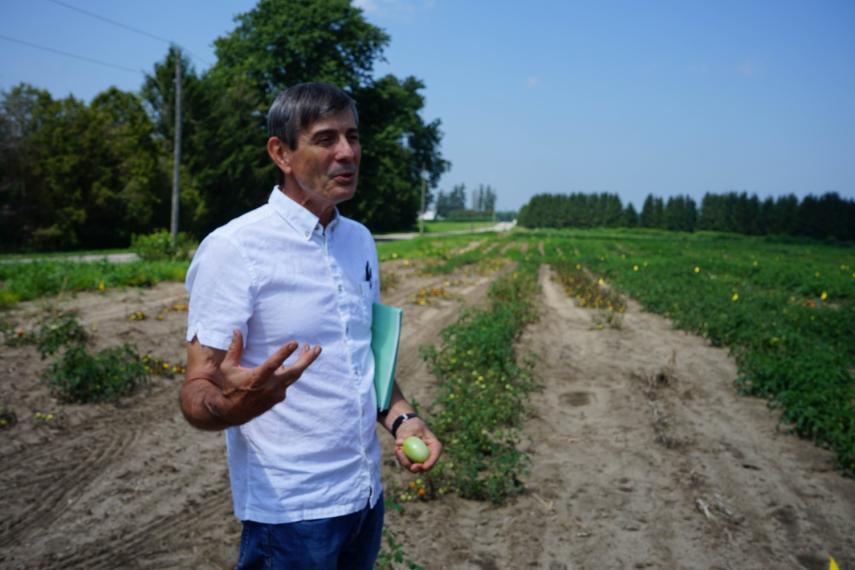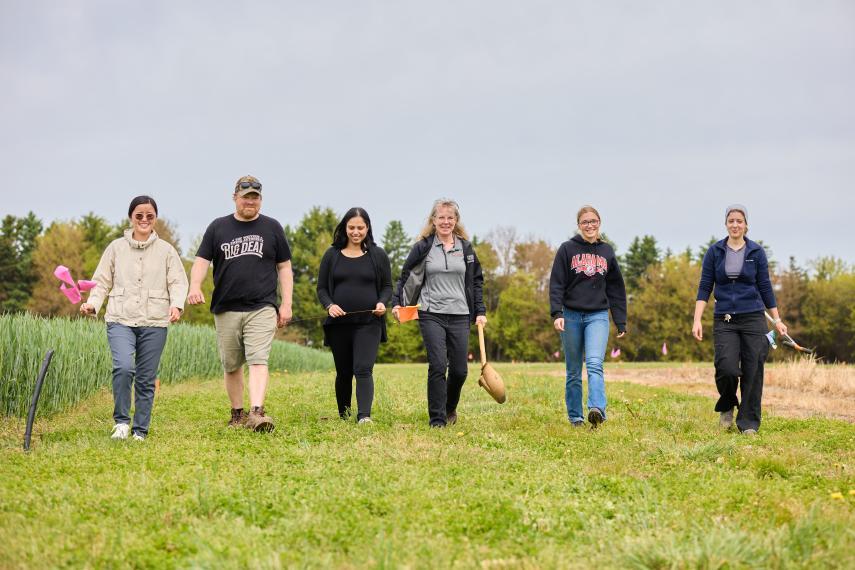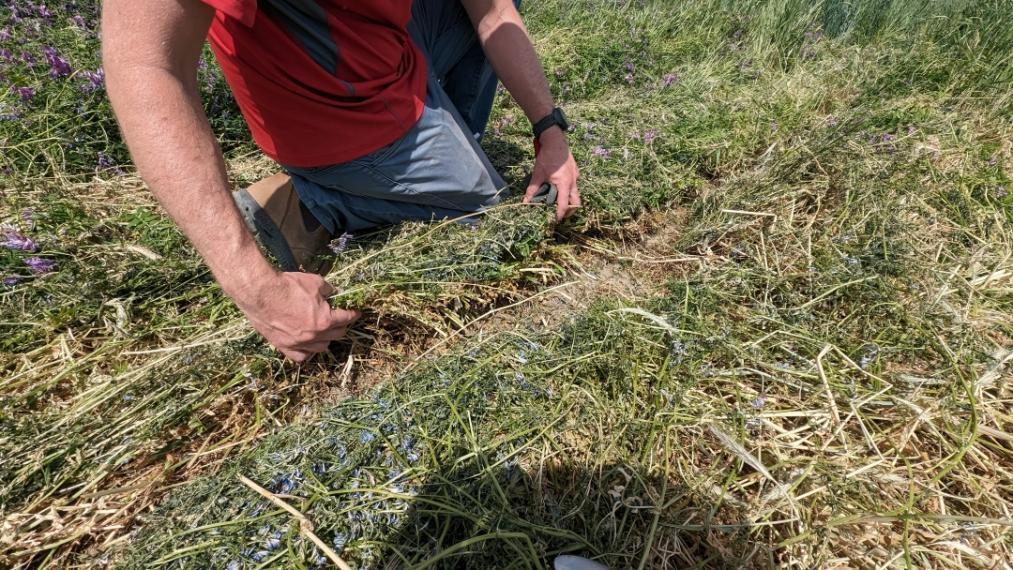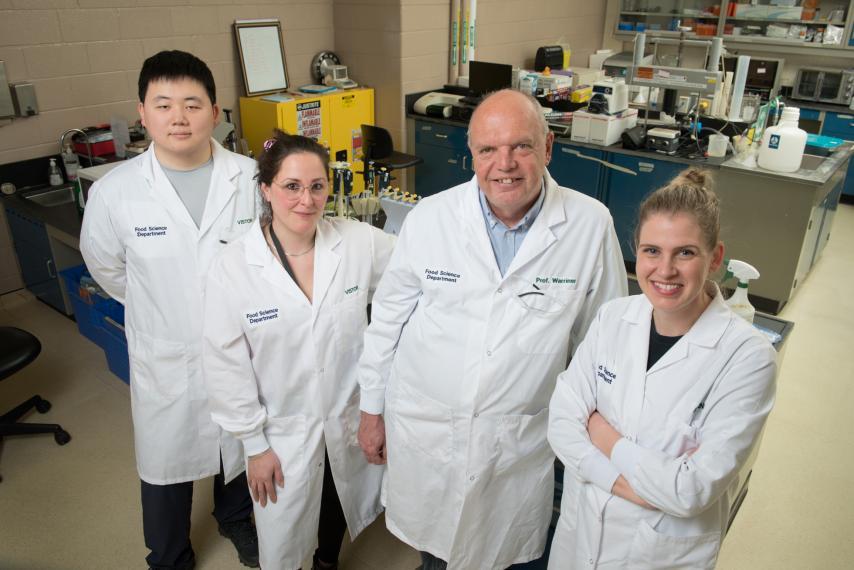
Breeding Better Tomatoes: Homegrown Solutions Support Ontario Value Chain
Dr. Steve Loewen always has his sights on traits that tomatoes will need in the future. After almost four decades as a processing tomato plant breeder, his curiosity and focus on improving the odds for this segment of Ontario agriculture is still what gets him out the door every day.
Loewen’s work supports the processing tomato sector, which harvested over 670,000 tonnes of tomatoes in 2025 and has a gross farm value of nearly $100 million.



